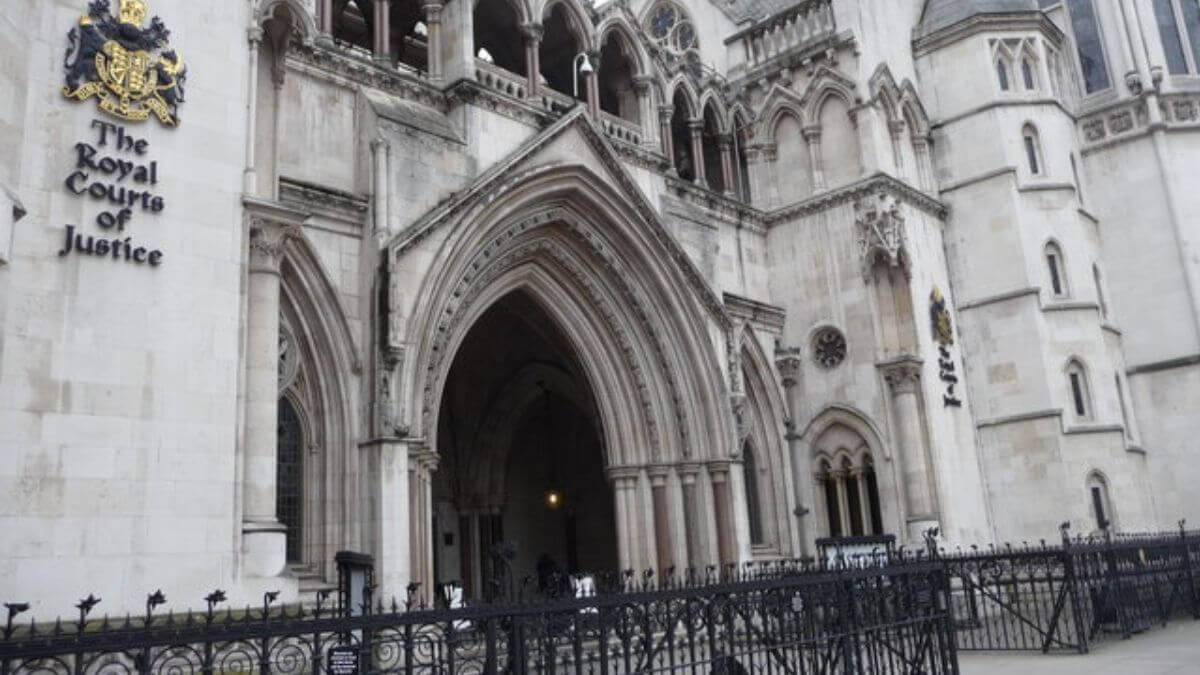On Friday the 21st May, Justice Lieven ordered that a mother with a learning disability who is 22 weeks pregnant must have an abortion against her will.
Right To Life UK have since started a petition to the Secretary of State for Health, Matt Hancock, urging him “to intervene in the case, doing all within [his] power to ensure this woman is not forced to have an abortion.” In less than 48 hours since it was launched, the petition has gathered over 70,000 signatures.
The woman’s doctors claim that an abortion is in her best interests, despite the fact that the woman herself wants the child, and the woman’s mother has offered to raise the child and firmly opposes abortion. Furthermore, the woman’s own legal team have argued that there is “no proper evidence” for the claim that an abortion is the mothers best interests.
In her decision Justice Lieven said: “I think [the woman] would suffer greater trauma from having a baby removed [from her care],” Lieven said, because “it would at that stage be a real baby.”
Justice Nathalie Lieven has long been a legal advocate in various pro-abortion cases and in a recent pro-assisted suicide case. In 2005 she represented the Family Planning Association arguing that the law should not require parental consent for girls under the age of 16 seeking an abortion and that there is no duty to inform parents.
In 2011, she represented abortion provider and lobby group the British Pregnancy Advisory Service (BPAS). Lieven advocated for women to be able to take the second abortion pill in a chemical abortion outside of a clinical setting.
In 2018, Justice Lieven argued on behalf of the Nothern Ireland Human Rights Commission that the abortion law in Northern Ireland discriminates against women and girls and said it was in breach of Article 3 of the ECHR, which forbids torture and “inhuman or degrading” treatment or punishment.
Finally, in a 2018 Supreme Court legal challenge, Ms Lieven argued on behalf of Noel Conway, a 68 year old man with motor neurone disease, that it should be lawful for him to engage in a medically assisted suicide.
At the time of this court case, which ultimately failed, campaigners against assisted suicide pointed out that it “opens the door to risks and dangers driven by attitudes about disabled people and their lives. It’s worth noting that no disability charity or organisation is campaigning for a change in the law around assisted dying. We want support to live, not to die.”
Clare McCarthy of Right To Life UK said:
“Justice Lieven’s background as a lawyer in numerous abortion advocacy cases calls into question her fitness to adjudicate in this case. The fact that this case relates directly to abortion and the fact that the Judge has a strong background of pro-abortion advocacy, undermines the impartiality of the judiciary.”
“This important trial should not be presided over by a Judge with such a strong pro-abortion bias.”












